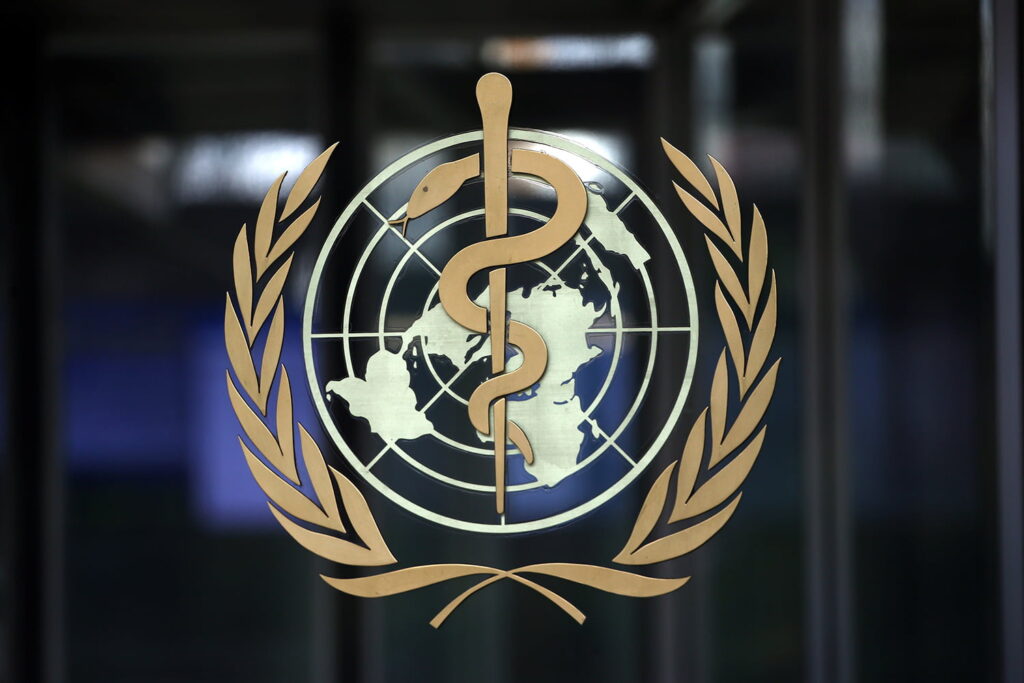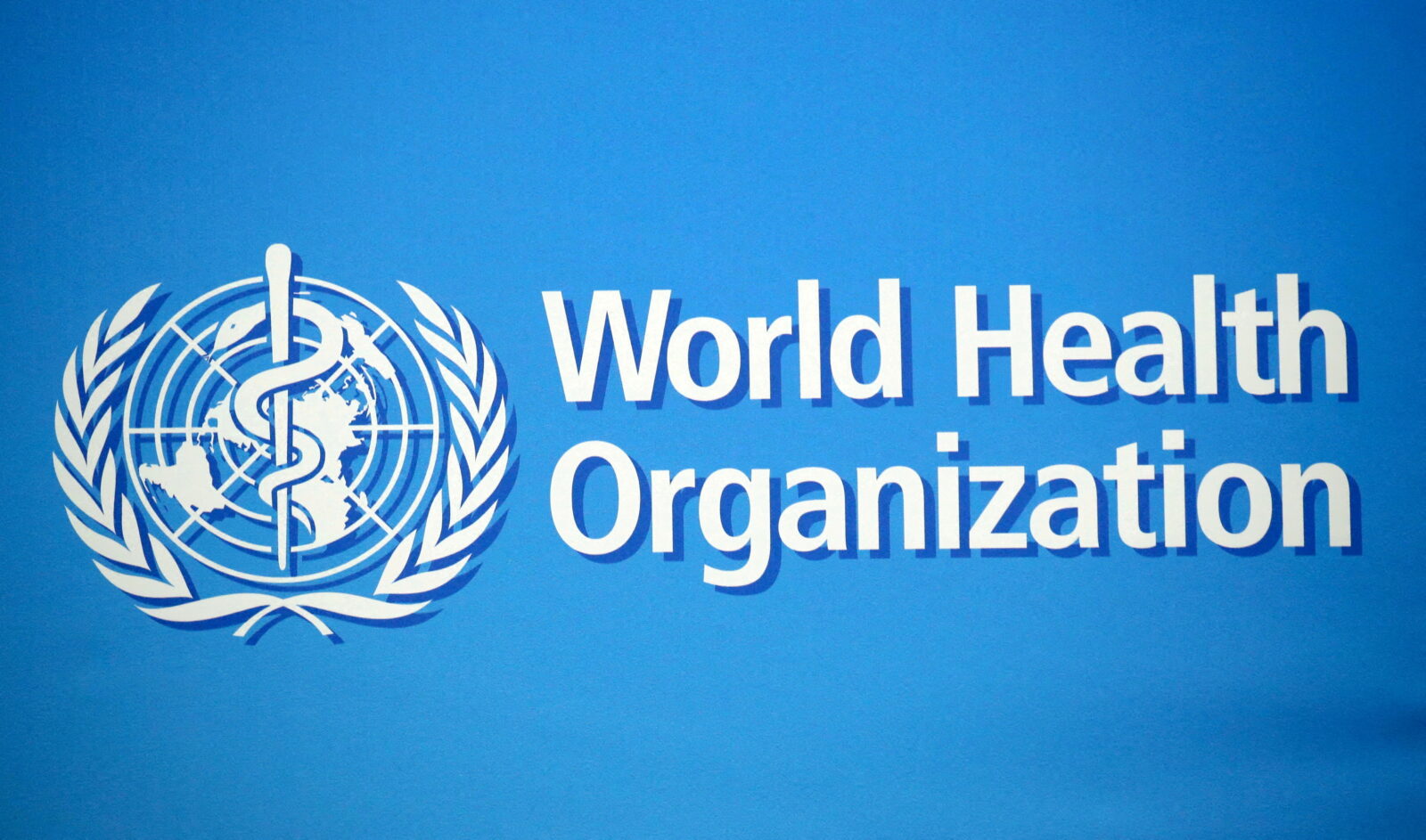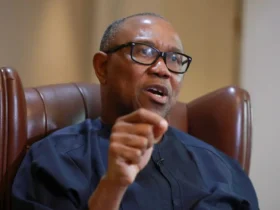
The Director of the World Health Organization (WHO) for Africa, Dr. Matshidiso Moeti, has berated the state of cancer in Africa during remarks made on Sunday.
Dr. Moeti highlighted that in the WHO African Region, approximately 882,882 new cases of cancer were reported, resulting in approximately 573,653 deaths.
She emphasized that half of these new cases among adults in the region are attributed to breast, cervical, prostate, colorectal, and liver cancers.
She cautioned that without urgent intervention, cancer-related mortality in the region could escalate to one million deaths annually by 2030.
Furthermore, she noted that within two decades, cancer mortality rates in Africa are expected to surpass the global average of 30 percent.
Currently, cancer survival rates in the WHO African region stand at a mere 12 percent, significantly lower than the over 80 percent average in High-Income Countries.
Dr. Moeti’s statements coincide with the commemoration of World Cancer Day 2024, a day dedicated to raising awareness about cancer issues.
The focus of the 2022-2024 World Cancer Day campaign is to “Close the cancer gap.”
This year’s theme, “Together, we challenge those in power,” underscores the global call for leaders to prioritize and invest in cancer prevention and care, striving for a just and cancer-free world.
According to Nigeria’s National Cancer Prevention and Control Plan (2018-2022), cancer claims 72,000 lives annually in the country, with 102,000 new cases reported each year.
Despite the challenges, Dr. Moeti acknowledged the progress made in cancer prevention and care across Africa.
READ ALSO: UN Predicts a 77% Increase in Cancer Rates by 2050
“For instance, 17 countries have introduced high-performance-based screening tests in line with the WHO recommendations.
“Also, 28 of our Member States have introduced nationwide HPV vaccination to reach about 60 per cent of the priority population targeted with HPV vaccination.
“This year’s theme is auspicious as it reinforces all persons and groups’ universal right to health. We believe that regardless of socioeconomic status, geographic location, age, and gender, every person must be afforded an equal chance at the prevention, diagnosis, and treatment of cancer,” she said.
Encouraging collaboration among the nations, communities, partners, and civil society within the region is essential to promote universal access to cancer prevention and care. Stakeholders need to pinpoint practical priorities, deploy evidence-based interventions across populations, and allocate resources to cancer control efforts.








Leave a Reply